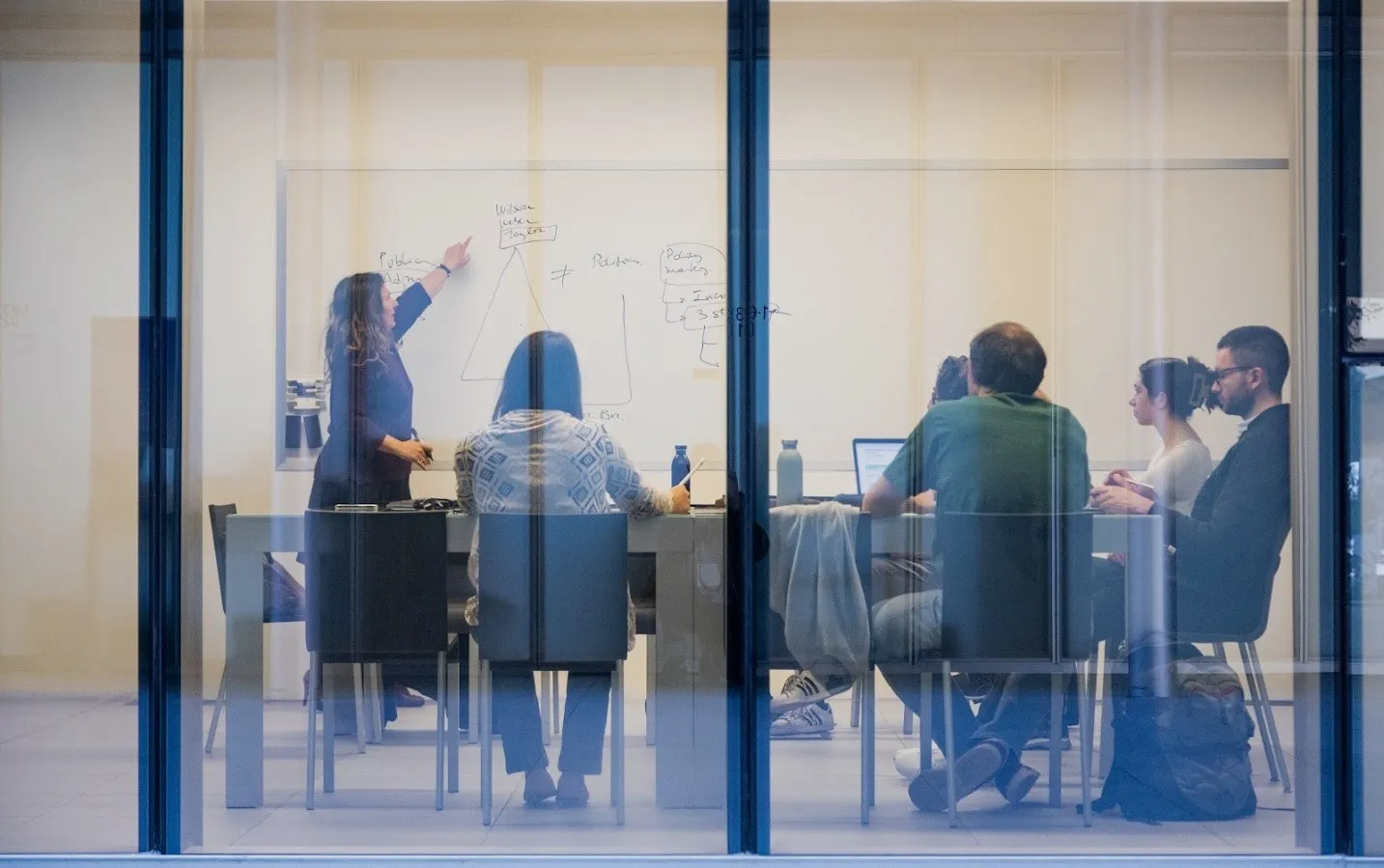
The Value of CIVICA Faculty Short Visits
Fostering collaborative activities, furthering existing links or establishing new ones, among faculty and postdoctoral researchers across the CIVICA alliance. This is the aim of the CIVICA faculty short visits scheme which sees the call for the next round currently open, with application deadline on January 31.
The scheme gives professors and researchers across CIVICA the opportunity to visit other member institutions and activities of the 2-5 day visits can include giving a CIVICA-branded talk, participating in a CIVICA-branded conference, organising/participating in workshops or seminars for PhD researchers, networking with other faculty, discussing potential research projects.
Tim Martens, of Bocconi's Department of Accounting, and Maria Antonia Panascì, Research Fellow at the Department of Law, participated in a recent round of short visits and discuss here about their experience.
Prof Martens, why did you want to go to Stockholm School of Economics and what did you work on during your visit?
My primary objective was to leverage the quality of education and the academic community at the SSE to advance my research endeavors. In particular, I was keen on receiving valuable insights and feedback from faculty and engaging with students who share a passion for cutting-edge research. One of the focal points of my visit was to interact with faculty members and PhD students to discuss and refine my research project which centers around the role of Seeking Alpha Analysts as information providers for managers. Seeking Alpha Analysts play a pivotal role in disseminating financial insights, and I believed that SSE, with its expertise in accounting, finance, and economics, would provide an ideal setting for critical discussions and constructive feedback.
Maria Antonia, why did you choose Sciences Po for your visit and what did you work on in your time there?
I wanted to establish a collaborative network with EU lawyers whose research interests align with my research agenda. I had the opportunity to discuss both methodological and substantive issues related to my doctoral thesis, and I received useful insights on how to potentially turn that work into a monograph. In particular, in a workshop aimed at PhD students, I presented and "tested" the core argument of my thesis, in a mutually beneficial moment of exchange with researchers who are looking at similar questions. I also had the opportunity to discuss my current postdoctoral project on Next Generation EU, the post-pandemic investment plan launched to achieve recovery and growth, with scholars working in different disciplinary fields, who offered new angles and interesting perspectives on the topic.
What are your main takeaways from your CIVICA short visit?
Martens: Engaging with the faculty and students at the Stockholm School of Economics not only enriched my perspective on the subject but also provided me with diverse insights and methodologies to enhance the robustness of my research. The collaborative and intellectually stimulating environment there has played a pivotal role in shaping the trajectory of my project, contributing significantly to its depth and academic rigor.
Panascì: My visit confirmed the importance of interdisciplinary research and constructive dialogue with peers who share similar interests although working in different areas. The discovery of a common thread in our current research agendas, which revolve around the concept of 'European society', was a true moment of serendipity. I hope we will build a path for further collaboration and explore new directions of legal research, such as the intriguing interaction between law, space, and societal structures within the emerging field of EU legal geography.